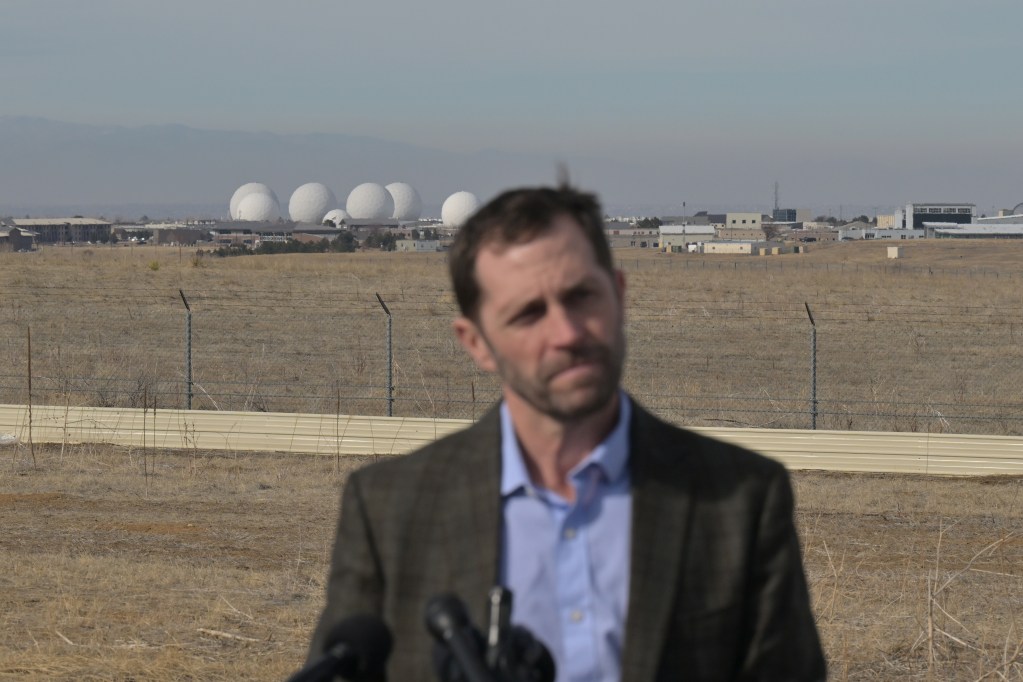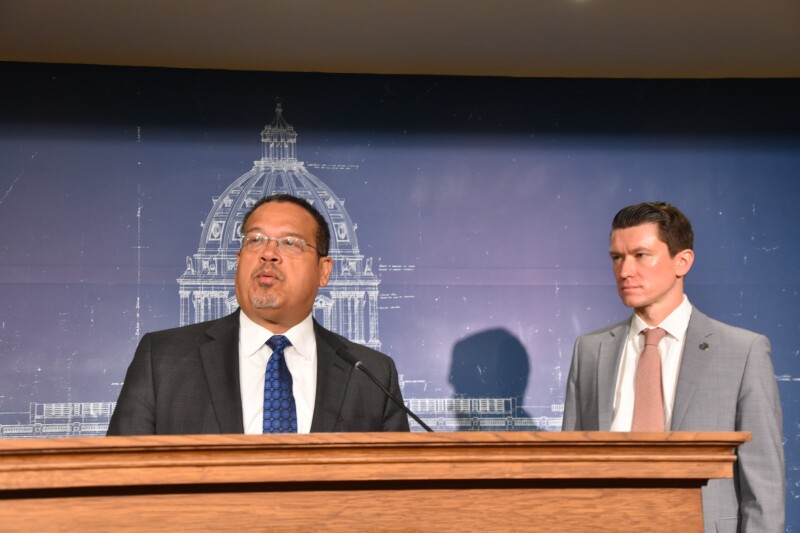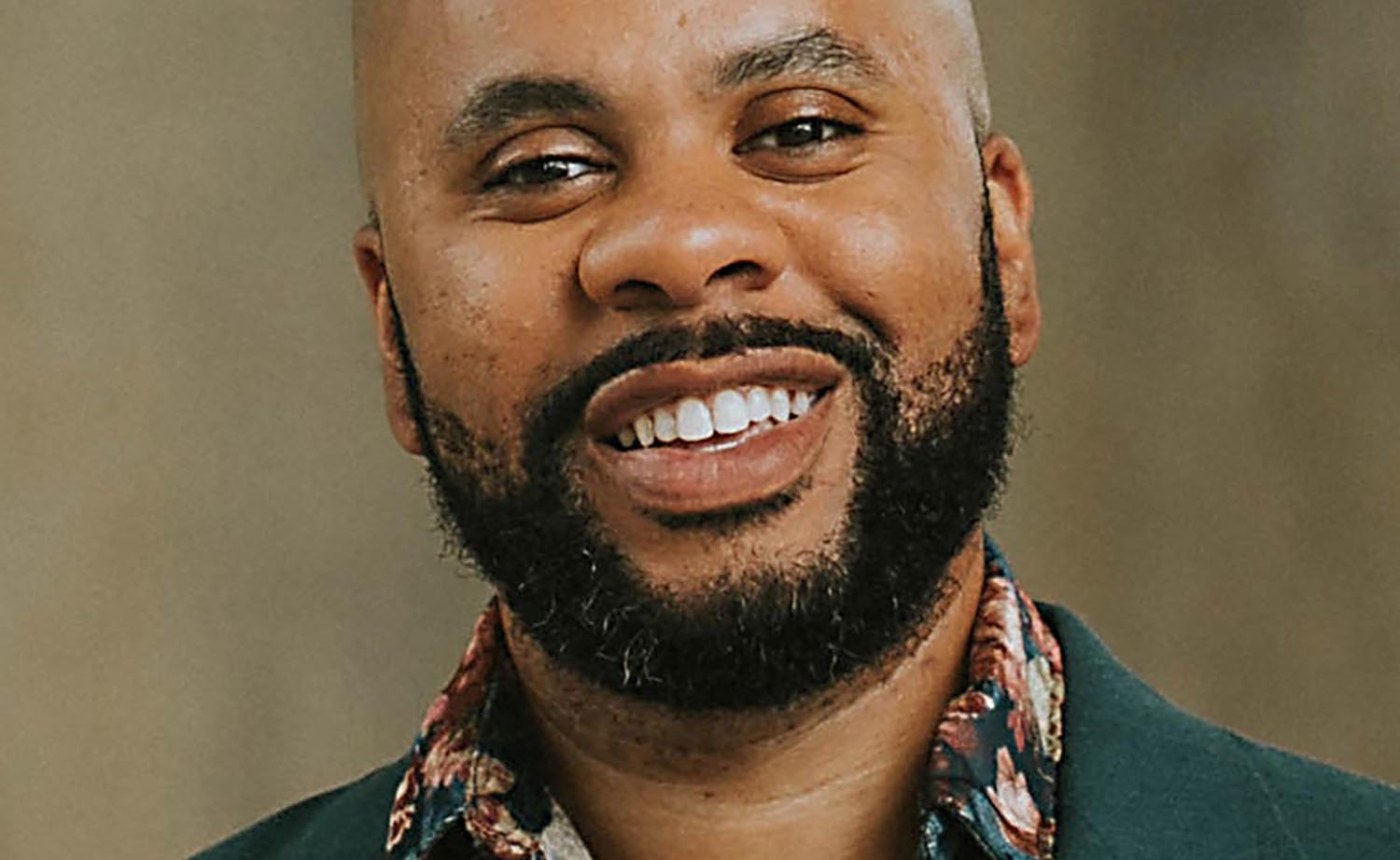Former President Donald Trump has drawn significant attention with his recent remarks directed at Colorado Representative Jason Crow. In a social media post, Trump described Crow and other lawmakers as guilty of “SEDITIOUS BEHAVIOR, punishable by DEATH.” This statement has ignited discussions about the appropriateness of such language from a former president and the implications of his comments for U.S. governance.
Crow, along with six other members of Congress—many of whom are veterans—released a video emphasizing that military personnel have a duty to disobey illegal orders. They stated, “You must refuse illegal orders,” highlighting the constitutional obligation of the military to uphold the law. This message was delivered against the backdrop of growing concerns about the military’s role in domestic affairs and the potential for unlawful directives from the executive branch.
The lawmakers framed their message within the context of recent military actions, including operations targeting suspected drug trafficking. They questioned the legality of extreme measures, such as hypothetical orders to execute individuals without due process. Crow’s focus on legal authority rather than emotional appeals marks a distinct approach to addressing what they view as a troubling trend in U.S. military engagement.
In response to Crow’s video, Trump’s comments have been labeled as alarming by various political figures. House Speaker Mike Johnson characterized Crow’s message as “dangerous” and “unprecedented in American history.” This reaction underscores the heightened sensitivity surrounding the balance between military orders and constitutional rights amid a politically charged climate.
The context of Trump’s remarks raises significant concerns about the implications of his rhetoric. Critics argue that such language reflects an authoritarian mindset and raises questions about the integrity of American democracy. The potential for military members to face moral dilemmas if given orders they perceive as unlawful has been a point of contention in discussions about the role of the armed forces in civil society.
The video from Crow and his colleagues is particularly timely given the current political landscape. It serves as a reminder of the responsibilities that military personnel bear, as they navigate complex situations where legal and ethical considerations intersect. The lawmakers’ appeal to the U.S. Constitution aims to reinforce the idea that loyalty to the law should prevail over blind obedience.
As tensions escalate, Trump’s threats have triggered a wave of reactions. Many are left pondering the broader implications of a former president calling for drastic measures against those who challenge his authority. Critics argue that such statements could potentially undermine the foundations of democratic governance.
In the wake of this incident, the discourse surrounding the military’s role in American society and governance remains critical. With the specter of unlawful orders looming, the question persists: who will protect the Constitution from violations that may arise from within the government itself?
As discussions continue, it is essential for both military leaders and lawmakers to reflect on their duties to uphold the law and protect the rights of citizens. The balance between authority and accountability will remain a pivotal issue in the ongoing examination of the relationship between the presidency, the military, and the American public.







